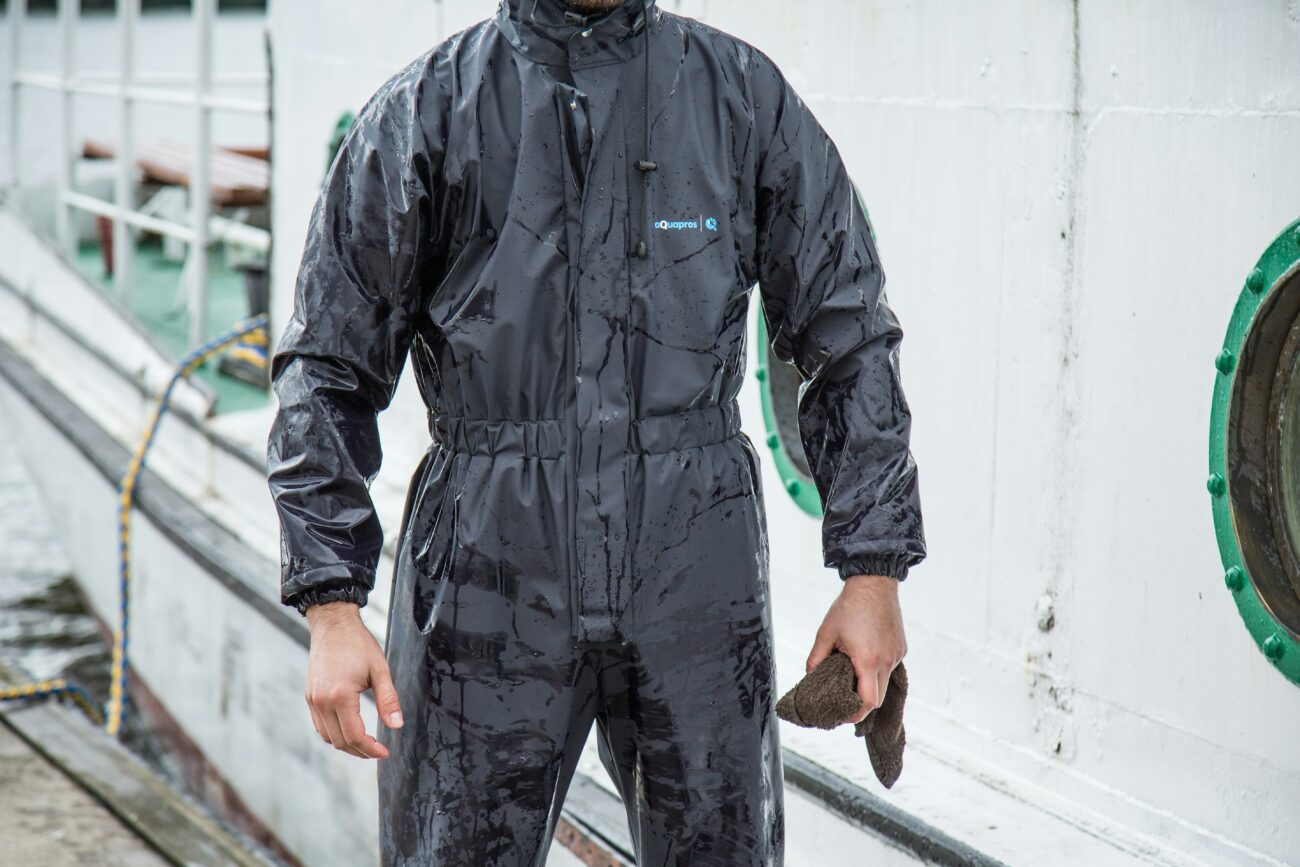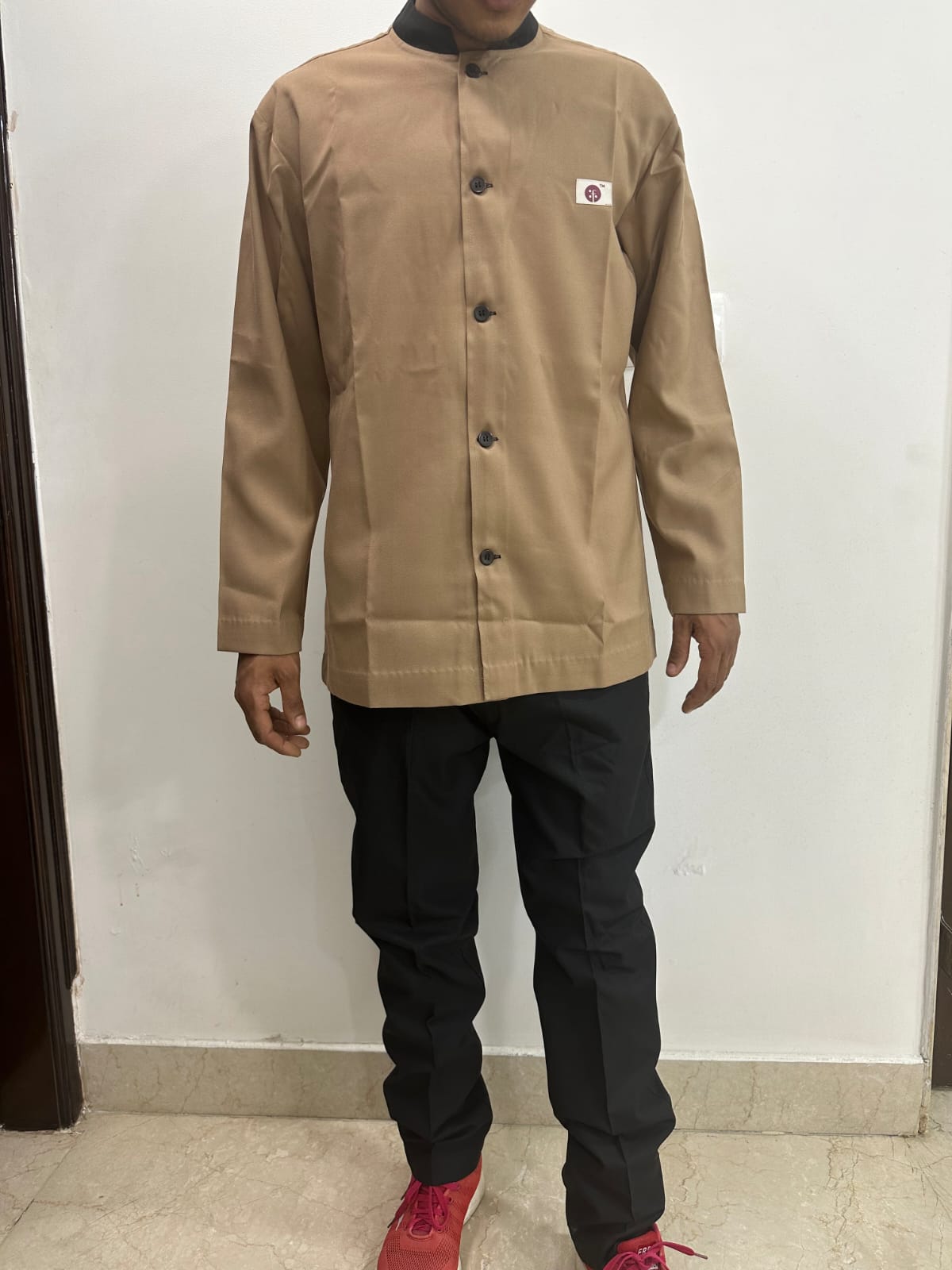
Uniforms play a pivotal role in shaping the identity of a business or organization. They are more than just clothing; they symbolize the values, culture, and professionalism of the institution they represent. Different industries utilize uniforms to convey distinct messages and meet specific needs. Let’s explore how various sectors leverage uniforms to establish their unique identities.
Healthcare Industry
Symbolizing Trust and Hygiene
In the healthcare sector, uniforms are critical for hygiene and infection control. Medical professionals, including doctors, nurses, and support staff, wear scrubs, lab coats, and other specialized attire. These uniforms are designed to be easily washable, often made from materials that can withstand high-temperature laundering. The use of white or light-colored fabrics symbolizes cleanliness and professionalism, which helps to build trust with patients.
Hospitality Industry
Enhancing Guest Experience
Hotels, restaurants, and resorts use uniforms to create a welcoming atmosphere and ensure staff are easily identifiable. For instance, hotel staff uniforms are typically elegant and tailored to convey luxury and comfort. Restaurant uniforms often reflect the theme or cuisine of the establishment, enhancing the overall dining experience. In this industry, uniforms are a crucial part of the brand’s image and help to set the tone for guest interactions.
Retail Industry: Promoting Brand Recognition
Retail uniforms are designed to reinforce brand identity and make employees easily recognizable to customers. These uniforms often incorporate the company’s colors and logos, ensuring consistency across different locations. In high-end retail stores, uniforms can be stylish and sophisticated, reflecting the brand’s image. Conversely, in more casual retail environments, uniforms might be practical and comfortable, suitable for a dynamic work environment.
Corporate Sector: Reflecting Professionalism and Unity
In the corporate world, uniforms or dress codes are used to project a professional image and promote a sense of unity among employees. Business suits, often accompanied by company-branded accessories, are common in industries like finance, law, and consultancy. These uniforms convey a sense of authority and competence, helping to build client trust and confidence.
Education Sector: Fostering Equality and Discipline
School uniforms are prevalent in many educational institutions around the world. They are designed to create a sense of equality among students, reducing the pressure of wearing fashionable clothes and minimizing socioeconomic disparities. School uniforms also promote discipline and a sense of belonging, contributing to a focused learning environment.
Manufacturing and Construction: Ensuring Safety and Functionality
In industries like manufacturing and construction, uniforms are primarily designed for safety and functionality. High-visibility vests, helmets, and protective clothing are standard to ensure the safety of workers. These uniforms are made from durable materials and include features like reflective strips, pockets for tools, and reinforced seams. The focus is on practicality, but they also help in creating a professional appearance on site.

Public Services: Establishing Authority and Accessibility
Police officers, firefighters, and other public service professionals wear uniforms that establish authority and ensure they are easily identifiable to the public. These uniforms often include badges and insignia that denote rank and role. In addition to providing functional benefits, such as protection and visibility, these uniforms foster public trust and confidence in emergency and public services.
Conclusion
Uniforms are a powerful tool for creating and reinforcing the identity of an organization. They communicate values, ensure safety, promote equality, and enhance customer experience. femmeqlo understanding the unique needs of each industry, uniform manufacturers can design attire that not only meets functional requirements but also strengthens the brand identity and culture of the businesses they serve.






Leave a comment